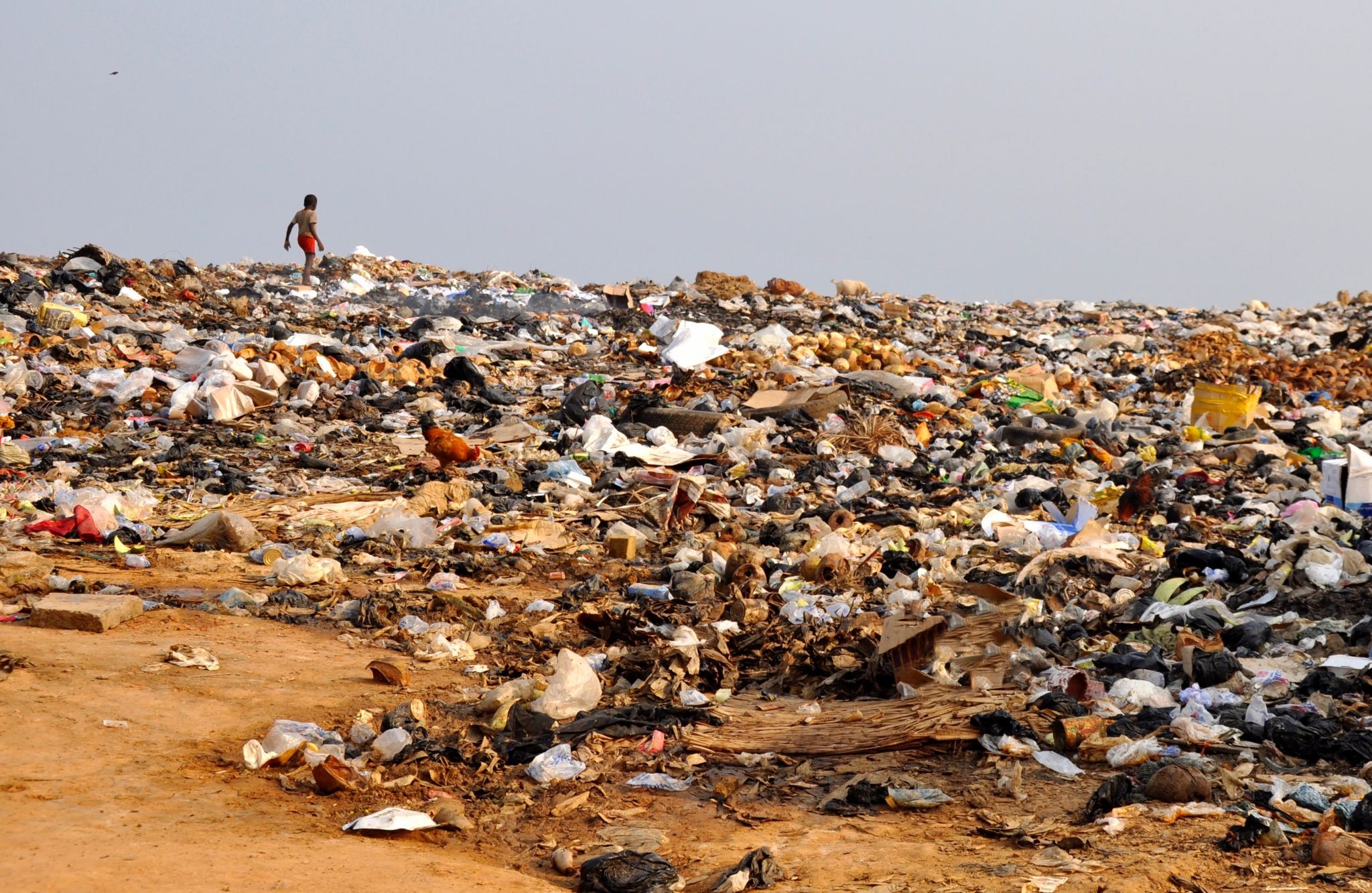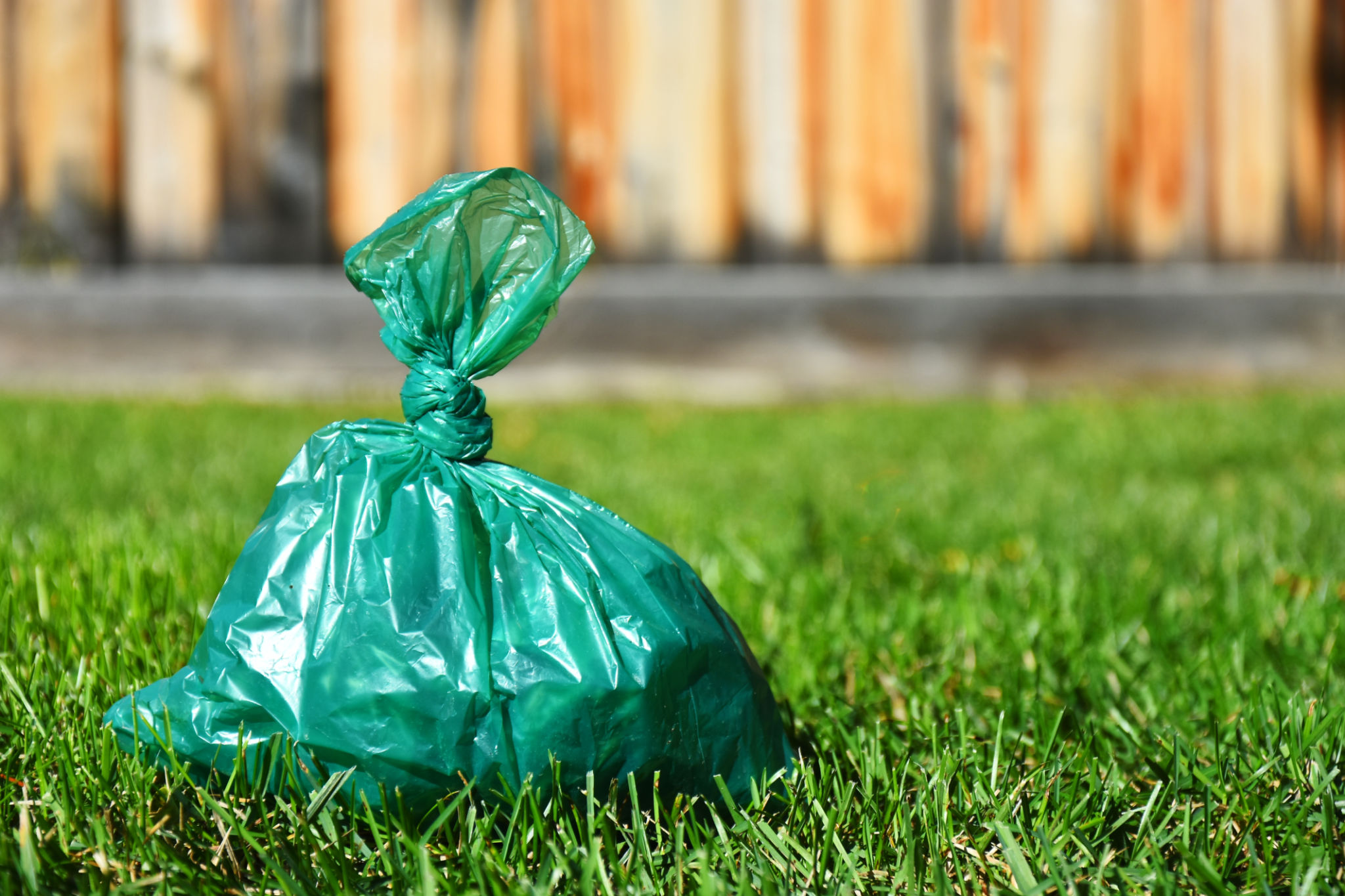Common Misconceptions About Pet Waste and the Environment
Understanding Pet Waste: A Commonly Overlooked Issue
Pet waste is often dismissed as a minor issue, but its impact on the environment is more significant than many realize. One prevalent misconception is that pet waste is natural and, therefore, harmless. In reality, pet waste can be a serious environmental pollutant and requires proper disposal to prevent damage to ecosystems.
Many pet owners may assume that leaving pet waste on the ground is similar to how wild animals contribute to the ecosystem. However, domestic pets, particularly in urban areas, produce waste that can introduce harmful bacteria and nutrients into waterways, leading to pollution and health hazards.

The Myth of Fertilizer
A common belief is that pet waste acts like a fertilizer for grass and plants. While it’s true that animal waste contains nutrients, pet waste from dogs and cats is too rich in nitrogen and phosphorus, which can harm plant life. Overconcentration of these nutrients can lead to soil imbalances, making it difficult for plants to thrive.
Moreover, unlike manure from herbivorous animals, pet waste can harbor pathogens that are harmful to humans and wildlife. This makes it unsuitable for composting without special treatment. It's essential to understand that not all animal waste is created equal when it comes to environmental impact.

Health Risks Associated with Pet Waste
Another misconception is that pet waste poses little threat to human health. In reality, pet waste can contain a variety of pathogens, including bacteria like E. coli and parasites such as roundworms, which can be transmitted to humans and other animals. These pathogens can contaminate soil and water sources, posing a significant health risk.
Proper disposal of pet waste is critical in preventing the spread of these pathogens. Pet owners should always use designated waste bags and dispose of them in appropriate trash receptacles to minimize health hazards.
Environmental Impact on Waterways
Pet waste can have a detrimental impact on local waterways. When left on the ground, it can be washed into storm drains during rainfall, eventually making its way into rivers, lakes, and oceans. The introduction of excess nutrients from pet waste can lead to algal blooms, which deplete oxygen levels in the water and harm aquatic life.

This process, known as eutrophication, affects water quality and disrupts ecosystems, leading to the decline of fish populations and other aquatic organisms. It’s crucial for pet owners to be mindful of their environmental footprint by ensuring their pets' waste is properly managed.
Effective Solutions for Pet Waste Management
There are several ways to mitigate the environmental impact of pet waste. Pet owners can use biodegradable bags for disposal, which break down more quickly than traditional plastic bags. Additionally, some communities offer pet waste disposal stations in parks and public spaces to encourage responsible cleanup.
Another solution is to explore pet waste composting systems designed to safely decompose pet waste without harming the environment. These systems can transform waste into safe compost for non-edible plants.
By being informed about the realities of pet waste and its environmental effects, pet owners can take proactive steps to reduce their ecological impact and protect the health of their communities.
